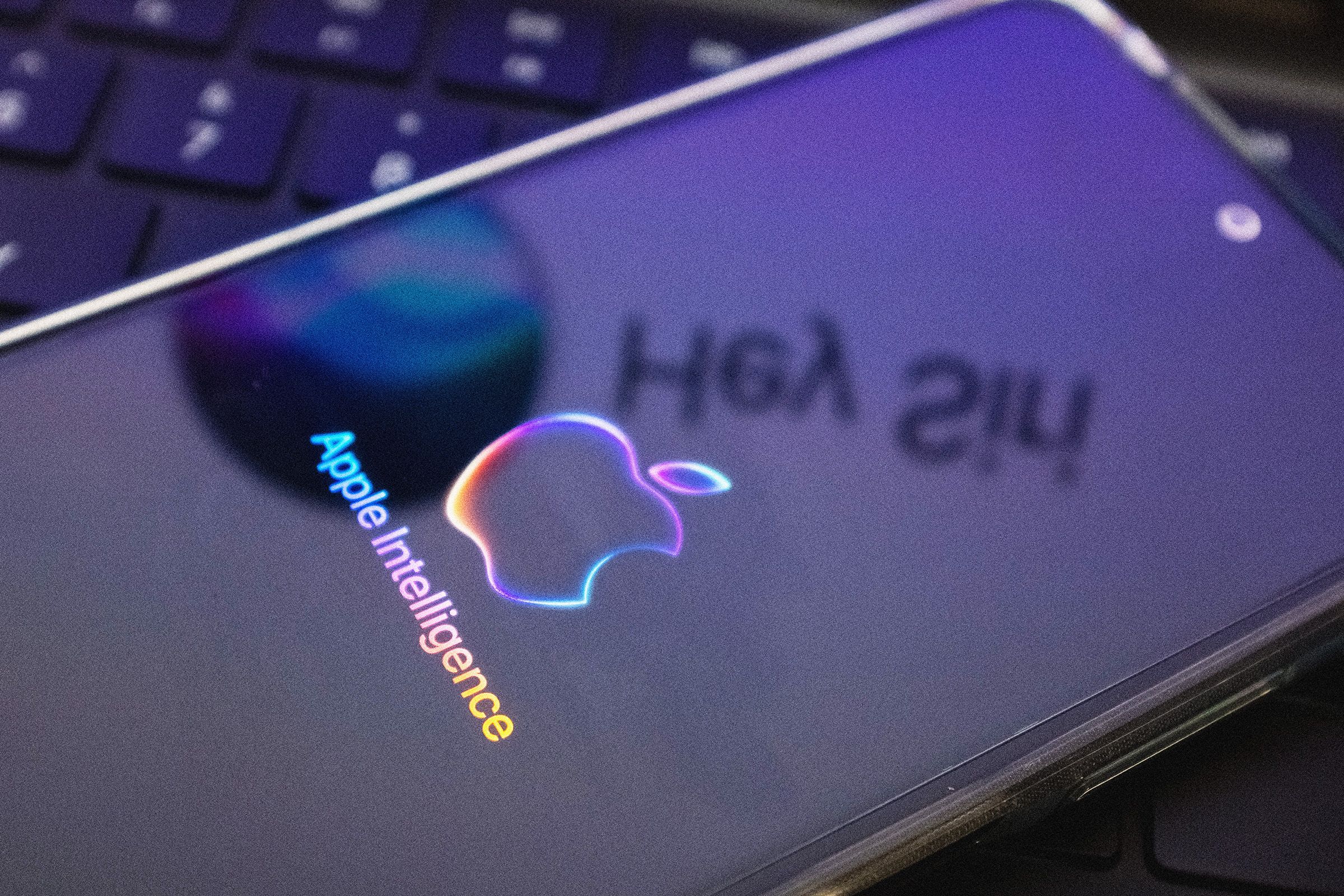Apple’s much-hyped Siri overhaul, announced alongside Apple Intelligence, is rapidly turning into a cautionary tale in overpromising and underdelivering—again.
The Long-Awaited Siri Reboot
When Apple introduced Apple Intelligence at its WWDC 2024 event, it promised a reimagined Siri—one that finally lived up to the futuristic vision first teased in 2011. Built with generative AI and powered by contextual awareness, this new Siri was expected to become a smarter, more intuitive assistant, much like the allure of OpenAI’s ChatGPT or Amazon’s upgraded Alexa+.
But as of early 2025, that dream remains elusive. After multiple delays, Apple has now postponed Siri’s major upgrade indefinitely. What users got in October 2024 was a feature-limited voice assistant that failed to deliver on even basic AI capabilities. According to reports, the version Apple pitched to consumers was closer to a non-functional prototype than a fully realized product.
A Familiar Pattern of Overpromise
Apple’s struggle with Siri isn’t new. The original Siri, introduced with the iPhone 4S in 2011, was marketed as a revolutionary AI assistant. But behind the sleek demo videos lay a system that relied heavily on keyword matching and lacked true natural language understanding. Even former Apple executives have admitted the original Siri was more of a demo than a scalable product.
Back then, Siri was a spinout from SRI International, backed by the U.S. Department of Defense’s DARPA. Apple acquired it for over $200 million, and Steve Jobs was personally involved in the deal. Yet after more than a decade, Siri still struggles with basic tasks that competitors handle with ease.
Apple’s Privacy Dilemma
So why can’t Apple get Siri right? One of the biggest barriers may be the company’s unwavering commitment to privacy.
Unlike Google Assistant or Amazon Alexa, which improve by collecting vast amounts of user data, Apple’s AI operates under stricter privacy standards. This means less data for training models and delivering personalized results. While this may preserve user trust, it also limits Siri’s capabilities.
Even Siri’s revamped version relies on a small on-device language model with roughly 3 billion parameters—dwarfed by OpenAI’s GPT-4, which boasts an estimated 1.8 trillion parameters. For more complex tasks, Apple offloads queries to OpenAI’s servers, but only with user permission. This hybrid model raises the question: can Siri ever be truly smart without compromising Apple’s privacy-first ethos?
Old Promises, New Tools
Apple claims this new Siri will understand personal context, perform actions across apps, and deeply integrate with device features. But many of these features resemble those of Samsung’s Bixby—a service often mocked for its lack of utility. And even with recent advancements in mobile AI, like those seen in the Infinix NOTE 50 series, Apple’s implementation seems relatively underwhelming.
Co-founder Tom Gruber, who was part of Siri’s early development, suggests that Apple’s privacy stance may be creating internal conflicts. “If you really hold privacy as a sacred right, you may be limiting what your AI can actually do,” he notes.
Will Siri Ever Catch Up?
Despite the promises, Apple’s revamped Siri still seems more aspirational than operational. The assistant struggles with complex, context-rich tasks—like booking a table or finding a movie nearby that fits your preferences—just as it did over a decade ago. These are the same use cases Apple has been showcasing since Siri’s inception, but they remain frustratingly out of reach for most users.
The upcoming Siri is being positioned as the start of a new era for Apple Intelligence. However, if the company’s refusal to sacrifice privacy continues to limit functionality, Siri may remain the weakest link in Apple’s otherwise polished ecosystem.
Looking Ahead
Apple is facing increasing pressure from rivals who are rapidly evolving their AI ecosystems. Meanwhile, the tech giant seems caught between maintaining its privacy principles and delivering a truly useful voice assistant. Whether Apple can strike the right balance remains to be seen—but one thing is clear: the Siri we were promised still hasn’t arrived.







